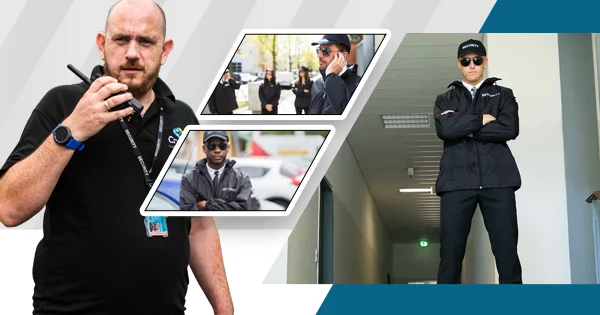High-value assets require constant monitoring and protection, making security guards an essential part of safeguarding businesses. Their presence acts as a deterrent to potential threats while ensuring swift action when needed.
The Role of Security Guards
Security guards patrol premises, monitor surveillance systems, and control access points. Their active presence helps prevent theft, vandalism, and unauthorized entry.
Integration with Building Maintenance
Protecting valuable assets goes beyond just security measures. Incorporating building maintenance services ensures that security systems, lighting, and entry points remain in optimal condition to support overall protection.
Professional Security Services
Many businesses rely on trusted security services in the UK to safeguard high-value assets. Trained personnel are equipped to handle emergencies, monitor risks, and provide 24/7 coverage.
Conclusion
Security guards play a critical role in protecting assets by combining vigilance, rapid response, and collaboration with maintenance strategies. Businesses that invest in professional services benefit from stronger safety and peace of mind.


